How city lawyer Ken Kiplagat forced Nation Media to publish KPMG report on Safaricom
It is now emerging that Moi-era and controversial lawyer Kenneth Kiplagat arm-twisted Nation Media Group into publishing a controversial story on Safaricom based on a draft audit report by KPMG.
The article, quoting the report, implicated top Safaricom managers in procurement scandals. It was published on Monday as the main story for Business Daily and inside the news pages of the Daily Nation.
According to numerous emails and text messages reviewed by Business Today, Mr Kiplagat appears to be a bitter man on a revenge mission for ‘losing’ the police frequency bid to Safaricom. The dispute over the frequency ended up in court and was thrown out for lack of merit.
So when the leaked KPMG report on Safaricom landed in Mr Kiplagat’s hands, he found a new weapon to get Bob Collymore to “sit down” and talk to him over the frequency loss, according to people familiar with the dispute between the two parties. Here ‘talk’ is interpreted to mean “some kind of pay off”, one of the persons said.
In an email circulating among top editors and journalists of the Nation Group of Newspapers, and which we now have access to, Mr Kiplagat, managing partner at Okoth & Kiplagat Advocates, applied pressure on NMG’s Editor in Chief Tom Mshindi to run the story on the audit report even when it had earlier been indicated that it was still a work in progress.
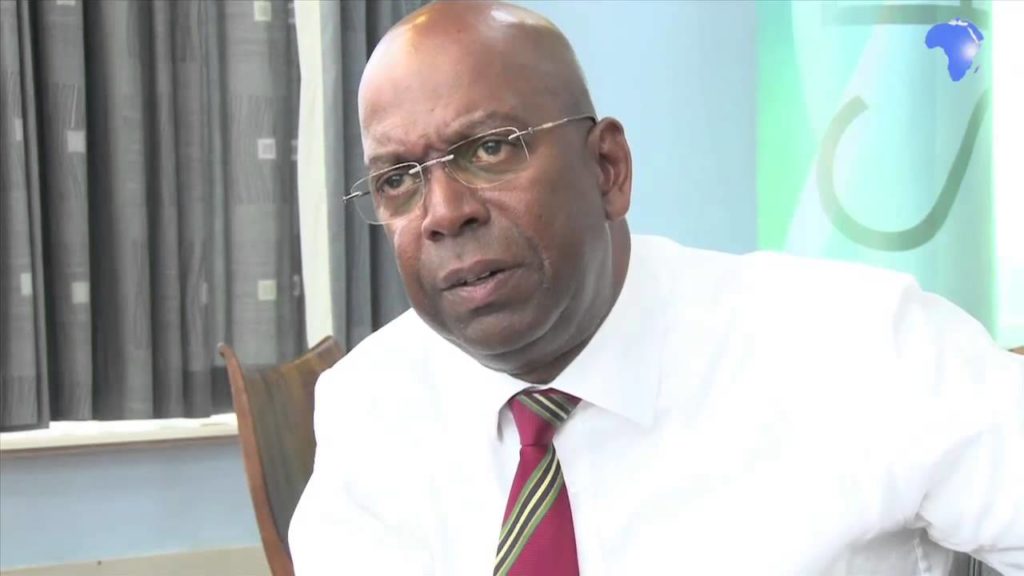
Mr Kiplagat claims in the email to have “won round two” and that Nation journalists would have no choice than to run his story. “It didn’t have to get to this point. Bob (Collymore) needed to talk to me,” he said rather pompously in an email.
He claimed he was about to publish an advert that was supposed to indict media for its apparent side stepping of stories critical of Safaricom.
In one email communication on Friday May 13th, with Nation’s public editor Peter Mwaura, Mr Kiplagat says:
“I am sure you are aware that your newspapers will not print any factual story which paints Safaricom in an unflattering light. Articles are routinely pulled out at the last minute by Safaricom overseers in your editorial rooms. The KPMG report will be serialised by London newspapers and this will be a damning indictment of the press in Kenya and its notional independence. I am certain that my client will not be able to place this ad in your newspapers even if it was paid for. My client is polishing up the ad and will present it to the Daily Nation and Business Daily shortly and wait to see the reaction.”
Mr Mwaura’s reply a few hours later was brief: “Thank you for the preview. I am waiting to see.”
On Monday, two days later, the Nation and Business Daily ran the story.
“The Nation people either had to print my ad (and look totally ridiculous) or refuse and fall straight into my trap,” Kiplagat in said in an email to a confidant.
He told another of his associates on email: “They opted to refuse to run my ad and pre-empted my complaint by running the story. Either way the desired result was achieved. Really not possible to kill a story in the face of a very determined protagonist who wishes to highlight a fundamental truth.”
The advertisement, of which we have a copy and which is on a Tetra Radio Limited letterhead (the company that has been fighting Safaricom over the licence issued by Communications Authority of Kenya), claims that the journalists had been more or less been compromised by Safaricom’s heavy punching in the media buying space.
The Tetra Radio Project
The “advert”, which is shy on details, is signed by one Casey Burns, as the Chairman of Tetra Radio Limited. A search on the internet lists Casey Burns as a Director of Tetra Radio Project.
Tetra Radio claims that the licence Safaricom used to set up the Ksh14 billion communication security system had earlier been awarded to it. It is quite interesting that for a company that was angling for such a huge contract is known only in the corridors of justice.
Tetra (Terrestial Trunked Radio) frequencies are mobile radio and two-way received transceivers that are usually reserved for government agencies, emergency services and the military. How Kiplagat got such a frequency is another story, but during Moi’s era, anything was possible, especially for those who are well connected.
Kiplagat is said to have earlier received a couple of million dollars from frequencies he had been allocated during Moi’s era.
Safaricom a magnet for suits
Safaricom’s growing size has attracted numerous bids for what’s seen as its huge trove of cash. Safaricom’s announced last week that it expects to make history in East Africa by hitting US$2 billion in revenues, US$1 billion in Earnings Before Interest, Tax, Depreciation and Amortisation (EBITDA), or the measure of the amount of cash that the business is generating purely from its operations.
But a little reported note was that capital expenditure in the financial year 2017 was in the range of Ksh32 billion to Ksh33 billion. This is addition to its operations expenditure of Ksh41 billion, which includes everything that the company spends on from publicity, leased lines, IT operations expenses, rent, insurance, office tea etc.
In essence, Safaricom’s management was signaling that the firm will maintain its investment spend at roughly the same level it has been doing in the last five years. With the business generating Ksh30 billion annually in free cashflows, Safaricom is saying it will continue spending, annually, the equivalent of what it cost to build the Thika Super Highway in the coming years.
Safaricom has spread into every corner of the Kenyan economy, creating a cottage industry of tenderprenuers, extortionists and blackmail artists who have emerged to cash in on this money that Safaricom spends annually.
This messy affair has captured the attention of mainstream and social media, and threatened to damage the careers of some of those who have been mentioned the draft report by KPMG.
The internal audit report was ordered by Safaricom CEO, Bob Collymore in a bid to streamline operations at the giant company. He invited KPMG to review a number of tenders that the company had given out during the last two years, and recommend actions that needs to be taken, if any, to streamline operations.
The document has provided fodder for tenderprenuers who thrive by preying on companies, especially those with reputations to protect.
Next Read >> How lawyer used advert against the media to blackmail Nation
LIKE OUR FACEBOOK PAGE | FOLLOW US ON TWITTER

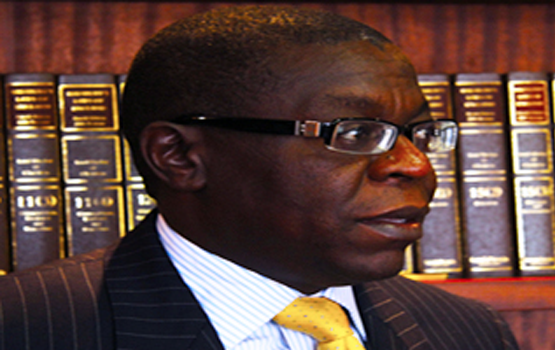
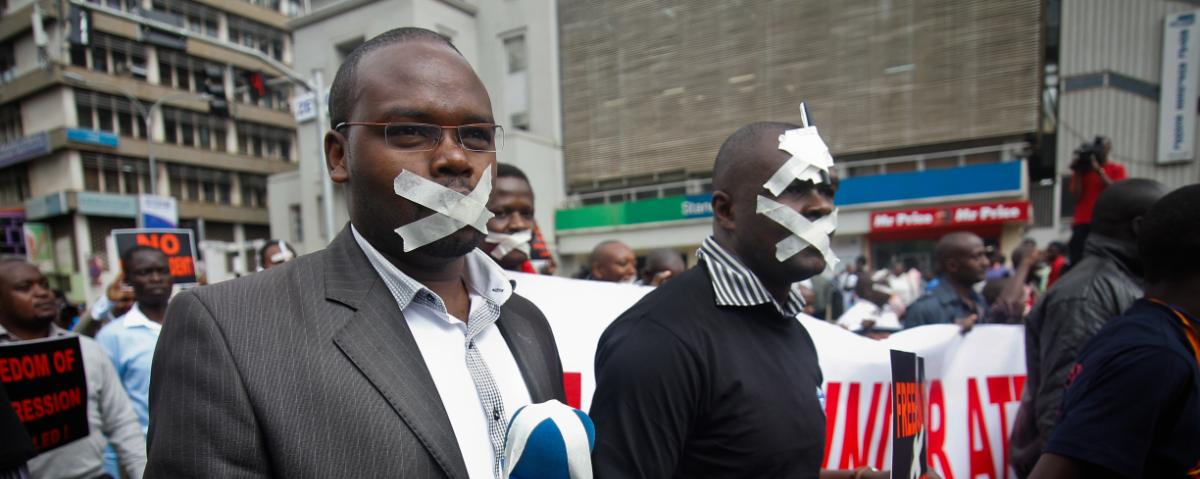

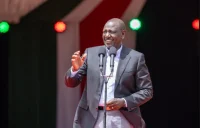














































![Pula Co-Founders and Co-CEOs, Rose Goslinga & Thomas Njeru. Pula provides agricultural insurance and digital products to help smallholder farmers manage climate risks, improve farming practices and increase their incomes. [ Photo / Courtesy ]](https://businesstoday.co.ke/wp-content/uploads/2021/01/Pula-Co-Founders-and-Co-CEOs-Thomas-Njeru-Rose-Goslinga.jpg)
























































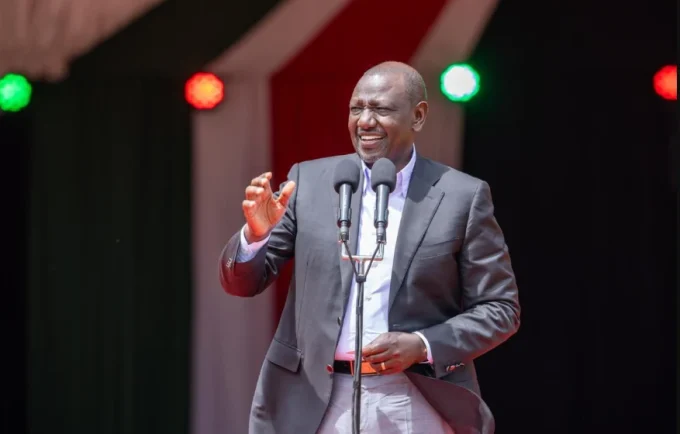



2 Comments